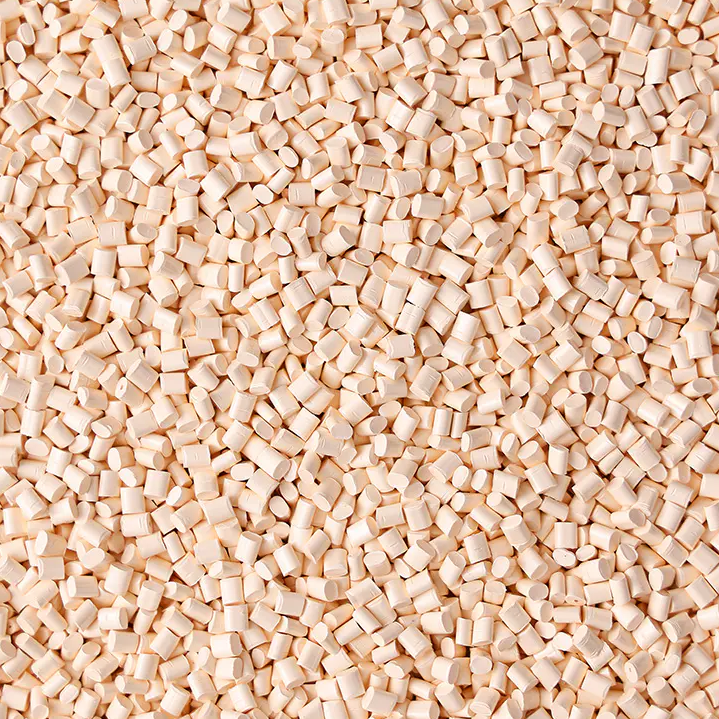How Injection Color Masterbatch Improves the Sustainability of Plastic Products?

Sustainability is becoming increasingly important in the plastic manufacturing industry, and injection color masterbatch plays a significant role in improving the environmental footprint of plastic products. By using masterbatch in the injection molding process, manufacturers can reduce waste, improve recycling efficiency, and create more environmentally friendly products.
One of the ways in which injection color masterbatch contributes to sustainability is through its concentrated form. Because masterbatches are highly concentrated, manufacturers only need to add a small amount of masterbatch to the raw plastic to achieve the desired color. This reduces the amount of coloring material required, minimizing material waste and ensuring that fewer resources are used during production.
Furthermore, many injection color masterbatches are formulated to be compatible with recyclable plastics. By using a masterbatch that is compatible with the recycling process, manufacturers can help ensure that their colored plastic products can be recycled more easily at the end of their life cycle. This is especially important in industries like packaging, where the recyclability of materials is a key concern.
In addition to reducing waste, injection color masterbatch can also improve the durability of plastic products. By including additives such as UV stabilizers or antioxidants, masterbatches can help extend the lifespan of the final product, reducing the need for frequent replacements and thereby decreasing the environmental impact of disposal.
Finally, some manufacturers are exploring the use of bio-based or biodegradable masterbatches, which are made from renewable resources or designed to break down more easily in the environment. These sustainable masterbatches offer an alternative to traditional petrochemical-based products, contributing to a more sustainable plastic manufacturing process.
In conclusion, injection color masterbatch can play an important role in improving the sustainability of plastic products. Its concentrated form reduces material waste, and its compatibility with recyclable plastics enhances the circularity of plastic products. Additionally, by incorporating functional additives and exploring bio-based options, injection color masterbatch can contribute to a more sustainable future for the plastic industry.
- Art
- Causes
- Crafts
- Dance
- Drinks
- Film
- Fitness
- Food
- Παιχνίδια
- Gardening
- Health
- Κεντρική Σελίδα
- Literature
- Music
- Networking
- άλλο
- Party
- Religion
- Shopping
- Sports
- Theater
- Wellness


